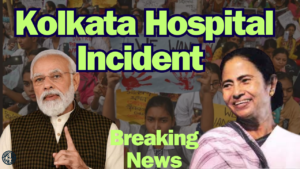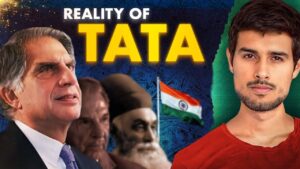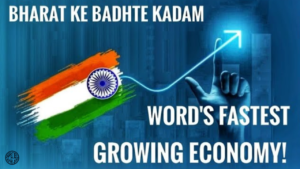Sheikh Hasina: Bangladesh’s Crisis & the Dictator Label

Sheikh Hasina: Bangladesh’s Crisis & the Dictator Label - Trending4India
Recent turmoil in Bangladesh has captured international attention, with mounting unrest leading many to label Prime Minister Sheikh Hasina as a dictator. The situation is dire, with violent protests, a military curfew, and severe restrictions on communication. But what are the roots of this crisis, and why has Sheikh Hasina, a figure once celebrated for her leadership, come under such intense scrutiny?
The Current Crisis: What’s Happening?
The unrest began when students and activists took to the streets in protest against the country’s quota system, which allocates 56% of government jobs based on various criteria including a substantial share for descendants of freedom fighters. The protests, initially peaceful, have escalated into violent clashes. The government’s response has included shutting down schools and colleges, suspending mobile internet services, and deploying troops.
As of the latest reports, over 150 people have died and thousands have been injured. The Prime Minister, Sheikh Hasina, is being accused of authoritarianism by her critics. The government’s handling of the situation has sparked allegations of excessive force and curbed freedoms, further fueling the accusations of dictatorship.
Understanding the Quota System
To grasp the root of the protests, we need to delve into Bangladesh’s history and the rationale behind the quota system. Following the country’s independence in 1971, a system was established to honor those who fought for the nation’s liberation. Initially, quotas were set aside for freedom fighters. Over time, this was extended to their descendants and, eventually, their grandchildren.
The quota system is a relic from Bangladesh’s early years, meant to acknowledge the sacrifices of the freedom fighters. However, it has become a contentious issue. Many argue that extending reservations to descendants of freedom fighters—especially to grandchildren—creates an unfair advantage and perpetuates a form of privilege based on historical actions rather than merit.
Sheikh Hasina’s Role and the Dictator Allegation
Sheikh Hasina has been the Prime Minister of Bangladesh for over a decade, representing the Awami League, the party founded by her father, Sheikh Mujibur Rahman, who led the independence movement. Her leadership has been marked by significant economic progress, but also by allegations of political corruption and authoritarianism.
The label of “dictator” stems from her handling of the protests. Critics argue that her response has been heavy-handed, and her rhetoric dismissive of legitimate grievances. Hasina’s recent comments suggesting that protesters are disrespecting freedom fighters or equating them with historical traitors like the Razakars have been criticized as inflammatory and out of touch with the realities of the current struggle.
The Impact of Unemployment and Economic Strains
At the heart of the protests is not just the quota system but also a broader issue of unemployment and economic hardship. With high youth unemployment and a struggling economy, many Bangladeshis are disillusioned with the prospects for their future. The quota system’s role in this economic struggle is a focal point for many protesters, who see it as a symbol of a system that fails to address the root causes of their economic despair.
The Way Forward
The situation calls for careful consideration and reform. Sheikh Hasina’s government needs to engage meaningfully with the protesters’ demands, addressing the concerns about the quota system and exploring ways to improve job opportunities for all citizens. It is crucial to strike a balance between honoring the sacrifices of the past and ensuring a fair and merit-based system for the future.
The international community is watching closely, and the response of the Bangladeshi government will be pivotal in determining the country’s path forward. Whether Sheikh Hasina can navigate this crisis and restore stability while addressing legitimate grievances will be a defining moment in her leadership.
In summary, the crisis in Bangladesh reflects deep-seated issues about merit, legacy, and fairness. Prime Minister Sheikh Hasina’s response will shape not only her legacy but also the future of a nation in turmoil.






1 thought on “Sheikh Hasina: Bangladesh’s Crisis & the Dictator Label”